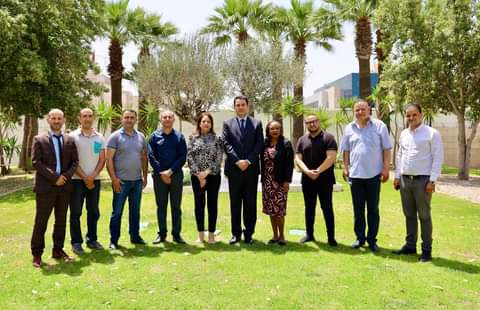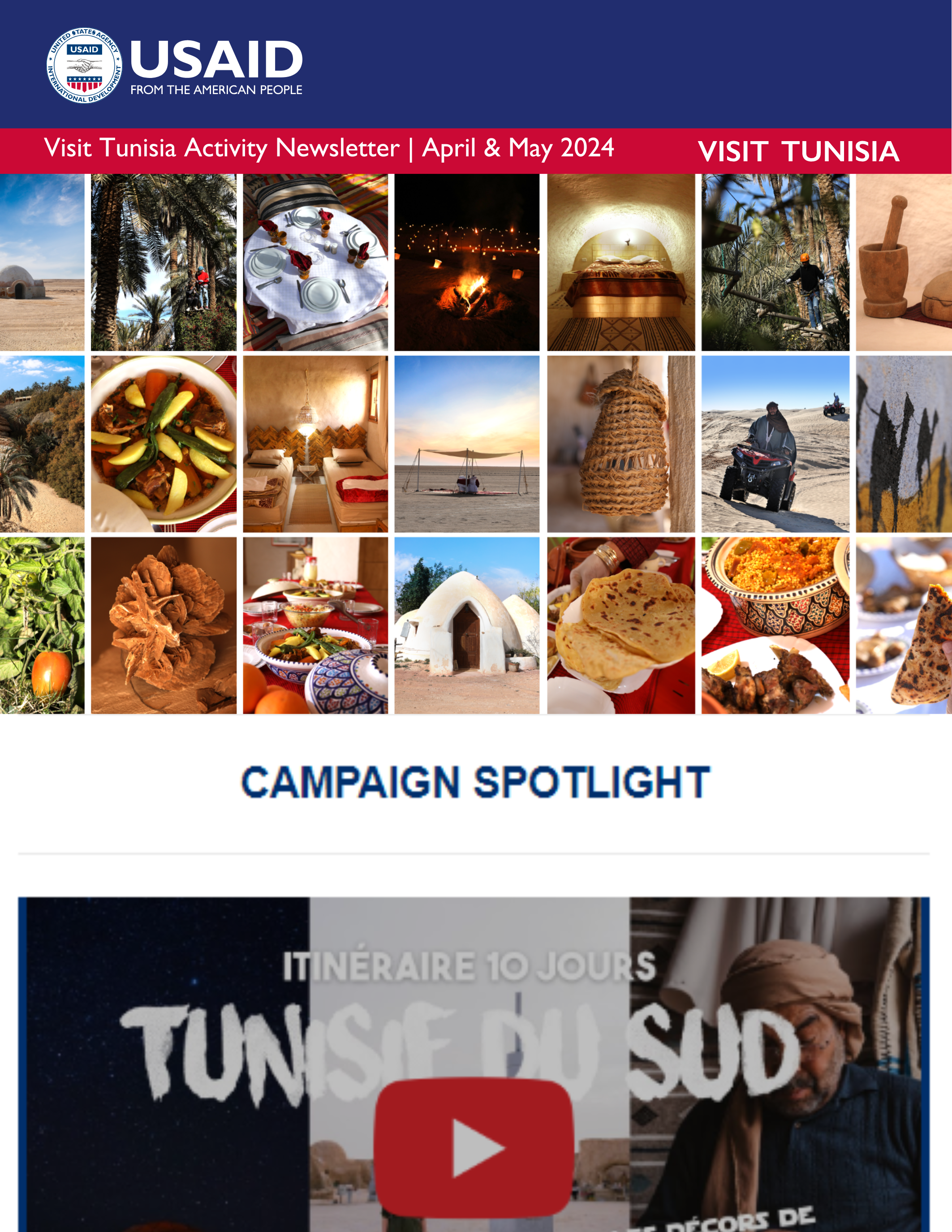Six heritage-focused event and festival organizers are getting ready to attend the Smithsonian Folklife Festival in late June, which will kick off USAID Visit Tunisia/Smithsonian’s Folklife Incubator Program.
The program will provide these organizers with tailored technical assistance and one-on-one mentoring with industry experts, helping them better design, organize, and market their events, while engaging local communities.
USAID Visit Tunisia selected the six organizers based on their cultural heritage representation, economic impact, engagement with local communities, and geographic representation. Now, the project is working closely with the organizers to organize logistics and prepare them for their trip to Smithsonian Folklife Festival in Washington D.C. from June 22-27, during which they will advance their knowledge of event/festival organization and best practices in cultural heritage representation
The organizers are Ali Ben Said (Mouled Festival in Kairouan) Rayen Bouabdi (International Festival of Oasis in Tozeur), Maher Melaouhia (Zaghouan Mountain Film Festival), Adel Khatrouch (International Festival of Matmata), Ridha Hfayedh (Roman Days of El Jem), and Walid Ben Ahmed (Heritage Enhncement and Cultural Promotion Agency’s (AMVPPC’s) “Heritage Month”).
Together, their event and festivals attract nearly 1 million visitors each year, including in underserved regions such as Kairouan, Tozeur, and Matmata.
The largest of these festivals is the Mouled Festival, which brings some 800,000 visitors each year to Kairouan to celebrate the birth of Islam’s Prophet Muhammad.
Also notable is Tozeur’s International Festival of Oasis, one of the largest cultural events in southern Tunisia. Each December, the festival celebrates the ancient music, dance, cuisine, and traditions of Tunisia’s south-west. Visitors enjoy Sufi music, poetry, parades, horse and camel racing, and fresh dates that are a staple of the region.
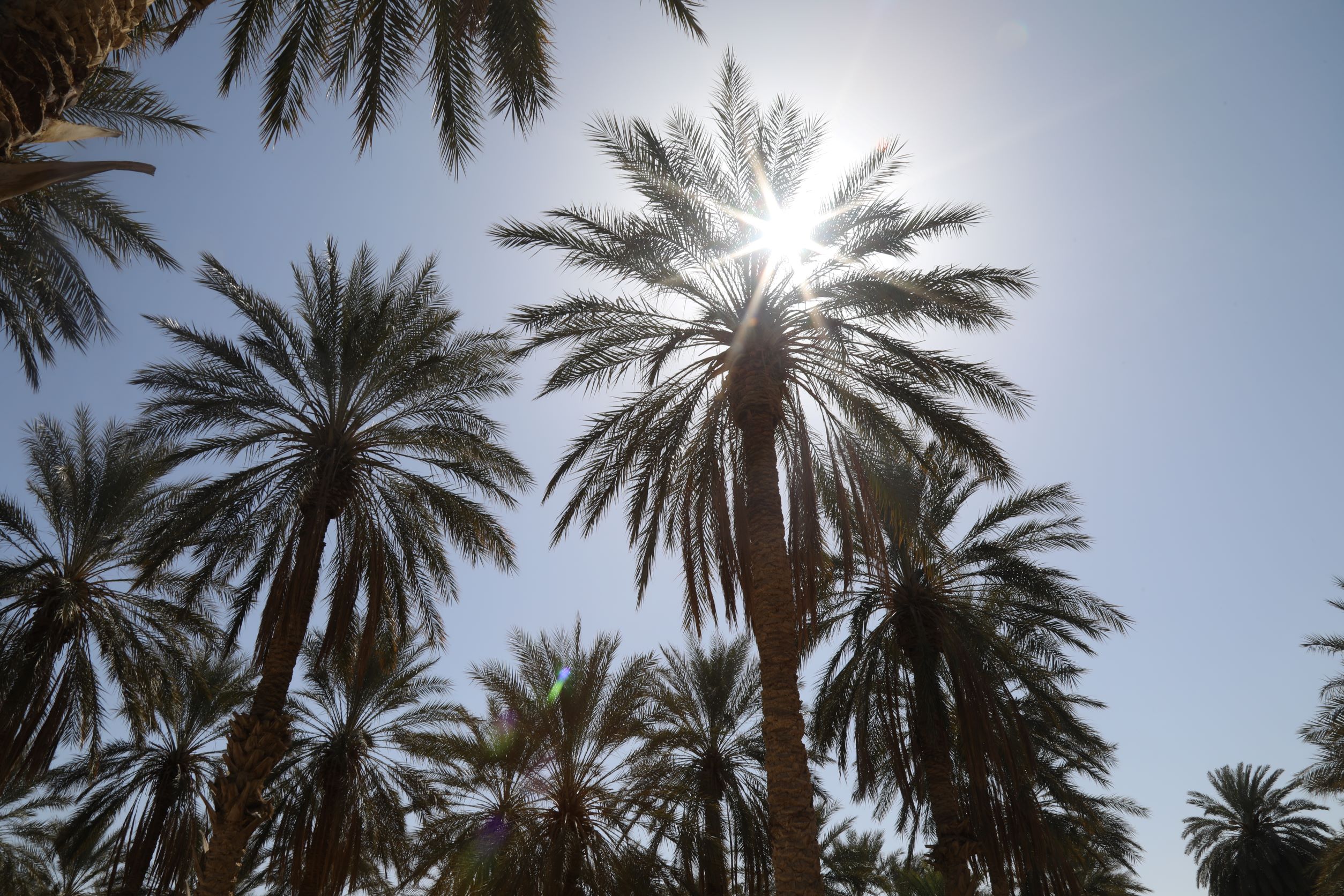 Palm trees in the southern town of Tozeur, Tunisia.
Palm trees in the southern town of Tozeur, Tunisia.
The Zaghouan Mountain Film Festival, for its part, is a way for adventure-seekers to try new outdoor activities. Over the course of three days, the festival screens outdoor-themed films, while organizing sports and adventure activities, such as hiking, climbing, camping, and caving.
Showcasing Tunisia’s rich history and archeology is the Roman Days of El Jem, held at the city’s well-preserved Roman amphitheater. The three-day festival includes theatrical performances, mock gladiator fights, mosaic and pottery workshops, and other entertainment highlighting the city’s Roman roots.
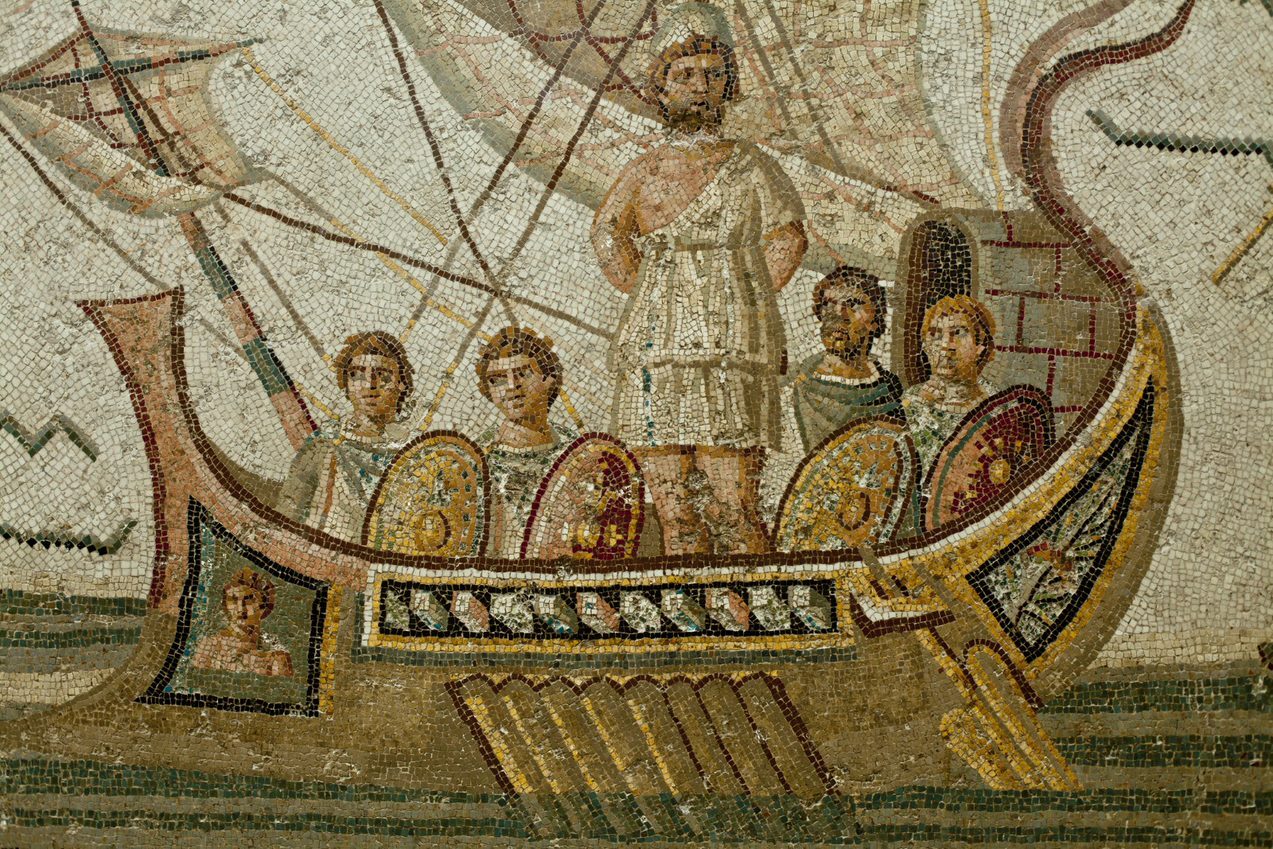 A Tunisian mosaic of Alexander the Great and his army.
A Tunisian mosaic of Alexander the Great and his army.
The International Festival of Matmata highlights an even older part of Tunisia’s history – its Amazigh community. Each year, the festival showcases traditional Amazigh music, poetry, and dance, shining a light on this small, ancient community and bringing critical tourism to the region.
The Ministry of Culture and the AMVPPC also host an annual Heritage Month to highlight a unique element of Tunisia’s intangible cultural heritage. This year, they chose Tunisia’s “traditional dress” as the theme.
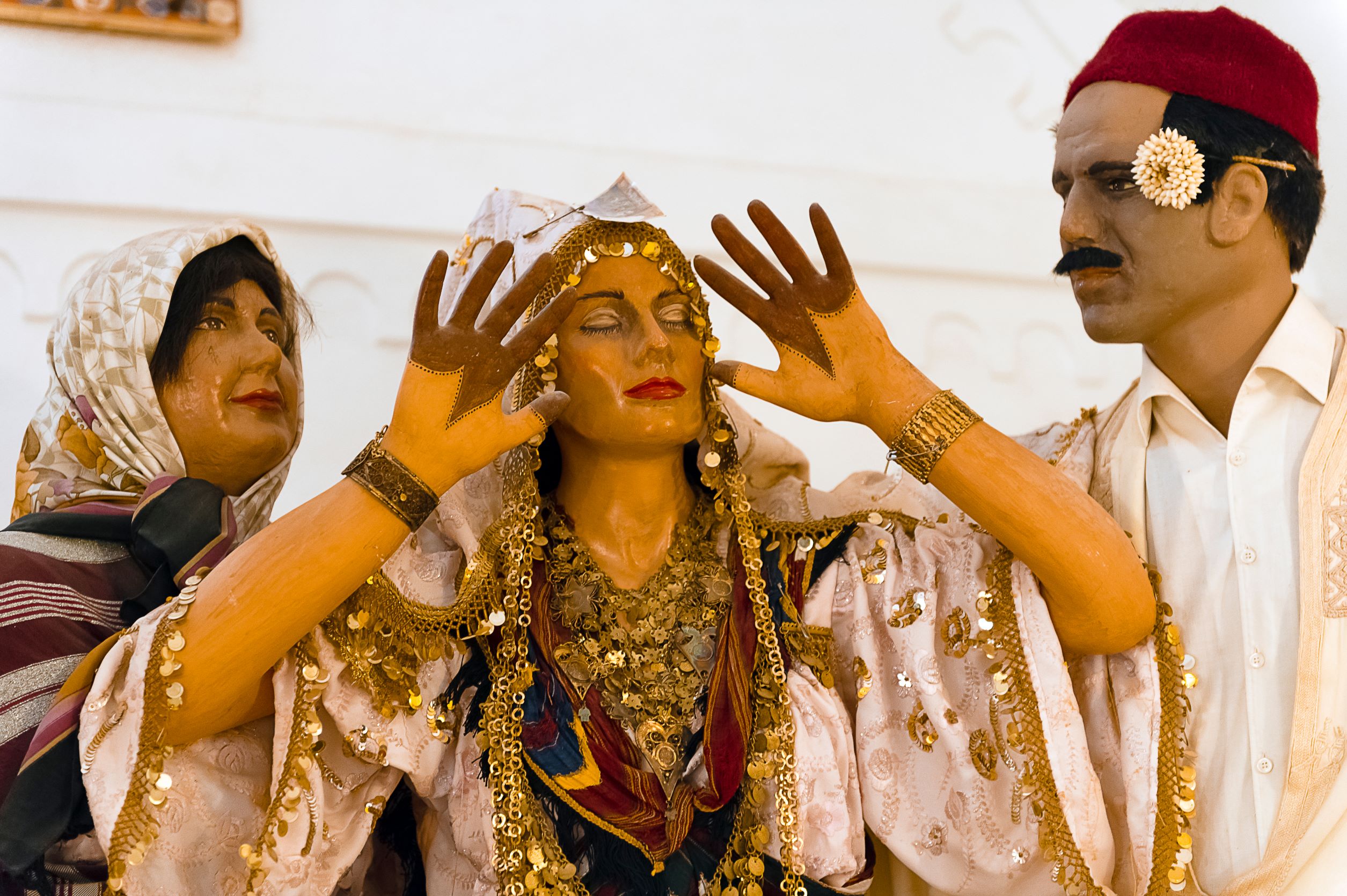 Traditional Tunisian Amazigh dress is displayed at the Guellala Museum in Djerba, Tunisia.
Traditional Tunisian Amazigh dress is displayed at the Guellala Museum in Djerba, Tunisia.
With Visit Tunisia and Smithsonian’s support, the six organizers aim to take these events and festival to new heights next year, bringing in even more attendees and drawing more tourism to the regions.
